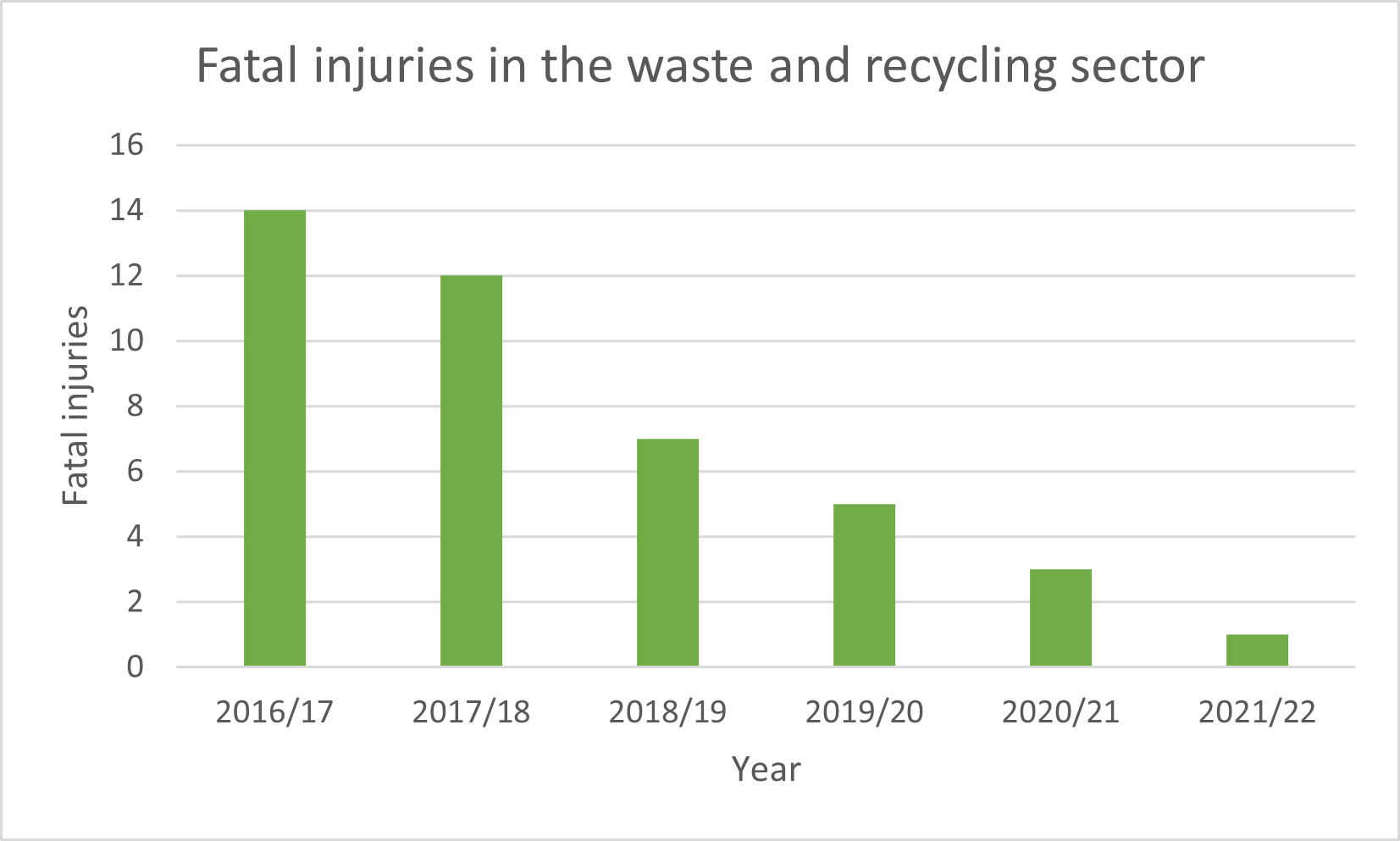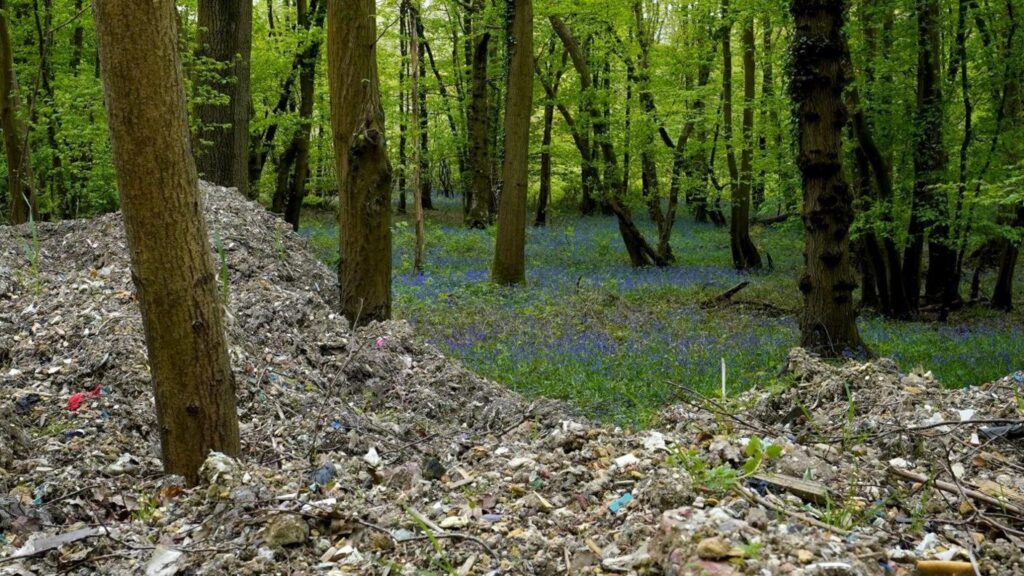
The data covers April 2021 to March 2022, during which time most pandemic-related restrictions were lifted and the economy began returning to normal.
The figures relate to work-related accidents and do not include deaths arising from occupational diseases or diseases arising from “certain occupational exposures”, including Covid-19.
The one fatal injury occurred when a moving vehicle struck Joseph McDonald Kennedy, 66, who was collecting non-hazardous waste for Woods Waste in Blackpool on 4 October 2021 (see letsrecycle.com story).
Between 2017/18 and 2020/21, the waste sector recorded an average of five fatal injuries per year, representing 4.58 fatal injuries per 100,000 workers. In 2021/22, the fatal injury rate per 100,000 workers in the sector fell to 0.78.
In a report published alongside the data, the HSE said: “The waste and recycling sector has an elevated rate of fatal injury [between 2017/18 and 2020/21] compared to the average across all industries: 11 times as high.
“However, with just one worker death in the sector in 2021/22 the rate for this year alone is markedly lower than the average rate for this sector across the five-year period.”
Overall
The data shows 123 people across all sectors were killed at work in 2021/22, 19 fewer than in 2020/21.
The three most common causes of fatal injuries continue to be falling from height (29), being struck by a moving vehicle (23) and being struck by a moving object (18).
The industries with the highest deaths were construction (30), agriculture, forestry, and fishing (22) and manufacturing (22).
A further 80 members of the public were killed following a work-related accident in 2021/22.
Sarah Albon, the HSE’s chief executive, said: “While Great Britain is one of the safest countries in the world to work, today’s figures show we must continue to ensure safety remains a priority.
“Every loss of life is a tragedy, and we are committed to making workplaces safer and holding employers to account for their actions, as part of our mission to protect people and places.”








Subscribe for free